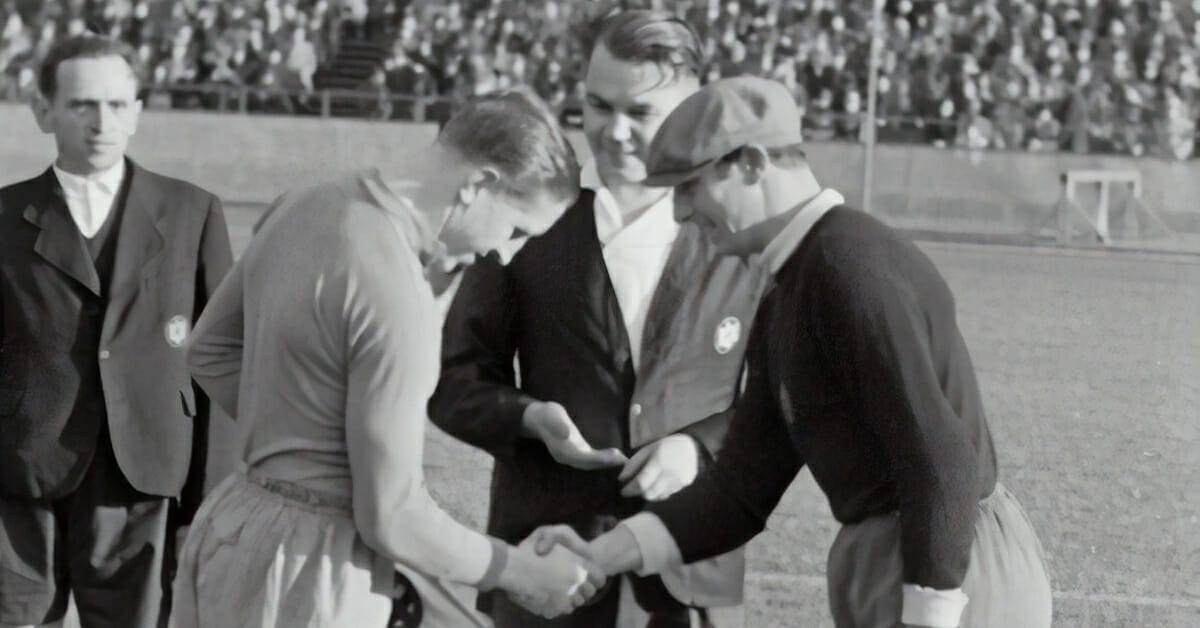If you followed me through a typical week, you would find times when I get things right and times when I mess things up. Times when my desire is to lift up God and times when I’m more concerned about myself. Times when I’m acting gracious and times when I’m being sarcastic. I can appear very disjointed and dichotomous at times.
2 Samuel chapter 6 has that same feel. It presents as a case study in contrast…or more appropriately human nature. For example…
- David shows great desire to have the ark (God’s presence) among them, yet shows great disrespect for following God’s directions for transporting the ark. (Numbers 4:5,6,15) (1 Chronicles 15:13-15)
- David is angry at God for the death of Uzzah and doesn’t want the ark near Jerusalem. (Uzzah had reached out to steady the ark when it looked like it was going to fall…which was against God’s command that no one was to touch the ark.) But, when David finds out that God is blessing the people in whose home the ark is kept, he then wants to bring the ark to his location.
- Publicly, David’s life is one of joy, worship, and admiration. But privately (with his wife Michal) his life is one of strife and contention.
If you step back and look at David’s life, it can seem very two-faced. Yet God continued to reach out to him, walk with him, and redirect him with mercy, grace, and patience.
Why?
Maybe the thing that made David’s life so full of contrast was also the thing that made him a man after God’s own heart. Perhaps it was David’s willingness to go after God full throttle that so endeared him to God. And though this often meant his mistakes were also full throttle, at least he was willing to turn around and get back on track when he missed it.
Are you living a life that’s full-throttled for God?










